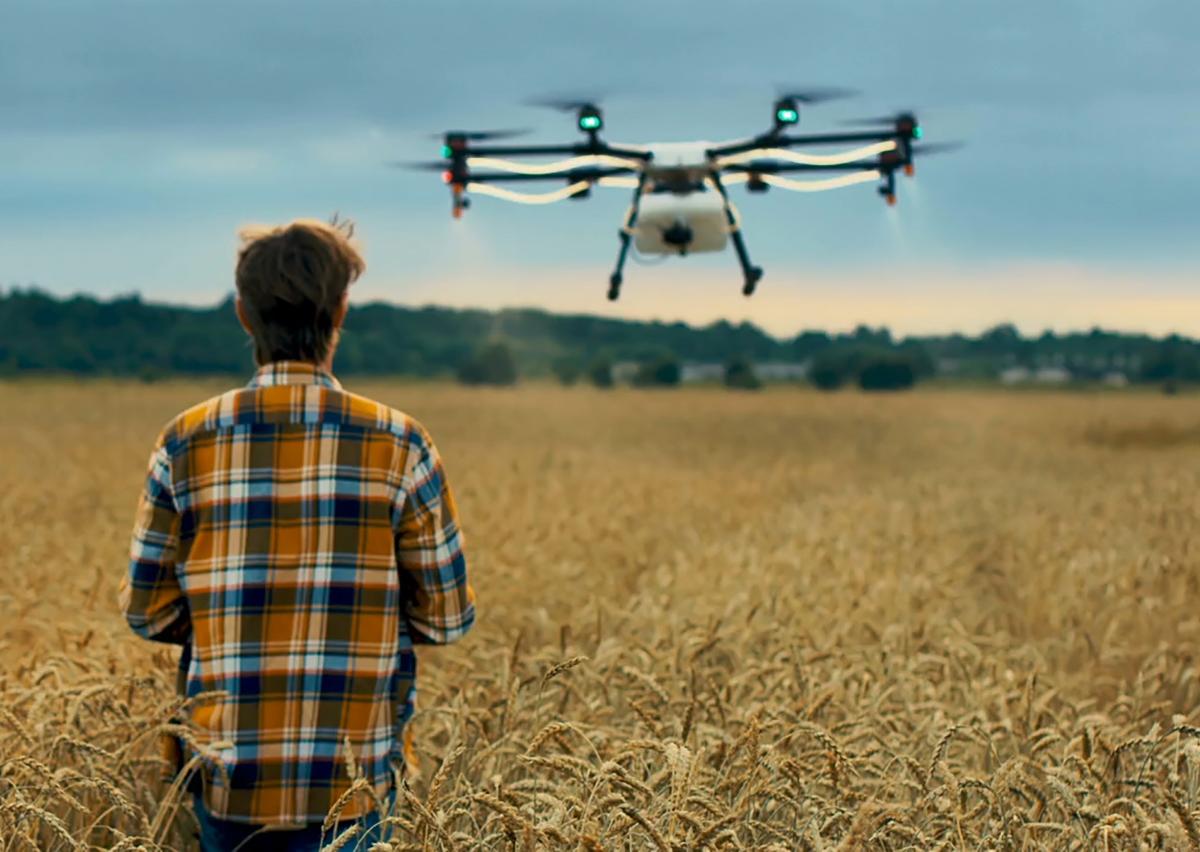WRI Seed Project Funding 2019

The Waite Research Institute’s recent open call for seed funding project proposals across the agrifood and wine research spectrum led to 50 applications, many of them interdisciplinary and involving new collaboration. Applications involved project members from most Faculties (ECMS, Sciences, Arts and Professions) and several Institutes (IPAS, Environment Institute, IMER).
In a reflection of the growing importance of ag-tech to the sector and the emergence of this capability at The University of Adelaide, half of the successful applications involved an engineering or machine learning component. Co-investment from other partners was a feature in a number of the applications, which were assessed by a panel of academics drawn from across the University. Other external organisations represented among the successful applicants included SARDI, CSIRO, The University of Melbourne and Wageningen University. Eleven proposals were funded.
Designed to stimulate new areas of activity and enable pilot/proof-or-concept work, this funding round will deliver progress against the strategic goals of the University in the agrifood and wine sector. The limited quantum of funding dictated some difficult choices, but the WRI would like to acknowledge and thank all applicants for their efforts.
Discussions around a number of proposals are ongoing, including initiatives with lead Chief Investigators at SARDI, Roseworthy and Arts. There is scope for further strategic co-investment and support for additional projects and we invite researchers to discuss new opportunities with us as they emerge.
The proposals (and lead Chief Investigators) funded in this round were:
- Frost screening in wheat using terahertz imaging: A preliminary study – Jason Able
- Development of a deep learning model for genomic prediction – Ute Baumann
- Beyond Biofuels – innovative conversion of industrial hemp and sorghum residues into value-added products – Rachel Burton
- 3D printed renewable and biodegradable nanocellulose materials – Bryan Coad
- Detection of anti-nutritional compounds in plant-based feed – Rob Falconer
- Development of a soil nitrogen probe packaging – Roman Kostecki
- Bio-fertilisers and biologically produced methane from anaerobic digesters – Paul Medwell
- Food Irradiation Testing: concept demonstrator towards establishment of national capability – Maria Saarela
- Smart colorimetric labels for in-field risk mitigation and monitoring of pesticides use – Abel Santos
- Marchantia Polymorpha: a simple model to investigate complex salinity tolerance mechanisms – Stefanie Wege
- Edible insects: realising the potential of an emerging agricultural industry – Kerry Wilkinson
In a parallel process, four new areas of large scale research activity have been initiated by WRI and partners since June as core initiatives that align with the University’s Strategic Plan Future Making. If you are interested in being involved in these initiatives please make contact as they are still in the development phase.
These are:
- The Centre for Sustainable Barley Quality (WRI (Tucker/Mather/Able), ECMS (Falconer))
- Centre for Sustainable Planetary and Space Resources (CSPSR) (IMER, ECMS, WRI)
- Drylands research project development between UA and Morocco – (Env. Institute, IMER, WRI)
- National mission for Crop and Community Resilience (University wide, National)
A total of $250 000 has been allocated across the 15 projects. The WRI expects further seed funding for pilot projects and major initiatives will be available in the next calendar year. Please contact us at anytime if you would like to discuss new opportunities.
